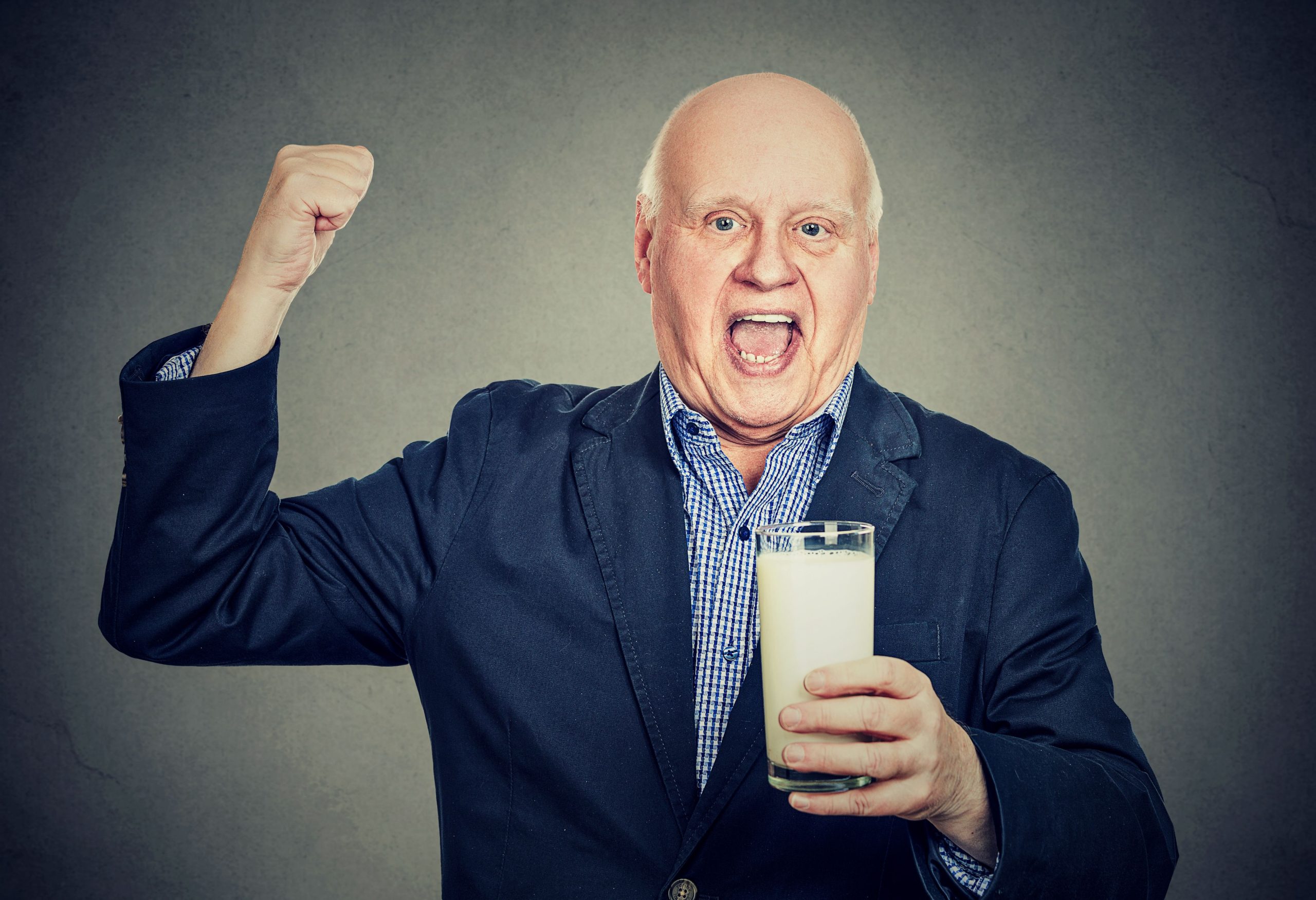It’s never too late to look after your bones and the wonderful thing is that many of the initiatives are not only good for you but can be enjoyable to. TheBoldAge looks at some of the things to boost your all-important skeleton.
1.**Remember your calcium **
Food is always something that is on the top of my list and a few changes to your diet could make all the difference. Calcium is great for improving bone health and the NHS recommends taking 700mg per day, to give you an idea of what that looks like, 200ml of semi-skimmed milk will provide about a third of your daily requirement. Whilst dairy is a useful source of calcium be that cheese, milk or yoghurt, plants can also deliver that much needed input. Leafy plants like broccoli or kale are a good starter, however a cautionary note some greens, like spinach contain oxalates and phytates which stop the body absorbing calcium. Fortified cereals and breads are another reliable source of calcium as are some fish like mackerel and sardines. Sardines on toast are a particular favourite of mine. Look out for a great mackerel toast recipe, which I will post next week.
2.**Vitamin D**
Over the past few years, we have heard a lot about Vitamin D, which is another key nutrient for good bone health amongst many other benefits. One of its most important roles is to help you absorb, regulate, and manage where calcium is best used. Vitamin D is one of the very few supplements I do take during the winter and early spring months. Though this is not essential as it can be readily found in foods like oily fish, some cereals, and eggs. The recommended daily intake is 10micrograms. Again, to put this in perspective a boiled egg contains about a third of this. So, you can supercharge your intake of vitamin D by getting out in the sunshine, which is one of the most efficient ways of getting your daily dose.
3.**Eat plenty of fruit and veg **
The NHS’s 5- a-day and EatWell campaigns are based on advice from the World Health Organisation (WHO), who (pardon the pun) recommend eating a minimum of 400g of fruit and vegetables a day. Why? because they are rich sources of vitamins and minerals, like: folate, vitamin C, magnesium and potassium.
4.**bold text**
Caffeine is considered to reduce your body’s ability to absorb calcium so it’s best to have a balanced approach to your daily latte and not have too many mugs. Caffeine can also be found in some fizzy drinks, some of which will contain phosphoric acid. Whilst some phosphorous is okay, too much can adversely affect the way the body absorbs vitamin D. so again, moderation is the by-word. Better still grains, seeds and nuts are a great, natural source.
5.**Stay active and exercise **
Interestingly, throughout our lifespan bones go through a constant cycle of destruction and re-generation. However, as we age that regeneration does not fully repair all loss. There is no need to despair because you can greatly improve your skeletal strength through a balanced diet exercise. Plus, if you exercise outdoors, you get a 2 for 1 benefit by ensuring your vitamin D levels are topped-up. By exercising we work our muscles, which puts a greater force on our bones and that in turn makes them stronger. Weight strengthening exercises are ideal and have the added benefit of strengthening your core. Dancing, skipping, aerobics, football including walking football and running, are also great. Parkrun, held on Saturday morning all over the world is a great sociable way to run, jog or walk with people of all abilities, and if you want to help the environment join a plodding club or set one up. See our articles on both plodding and Parkrun, links opposite.
So Boldies, there’s no excuse for not looking after your bones, and it’s never too late to start.
